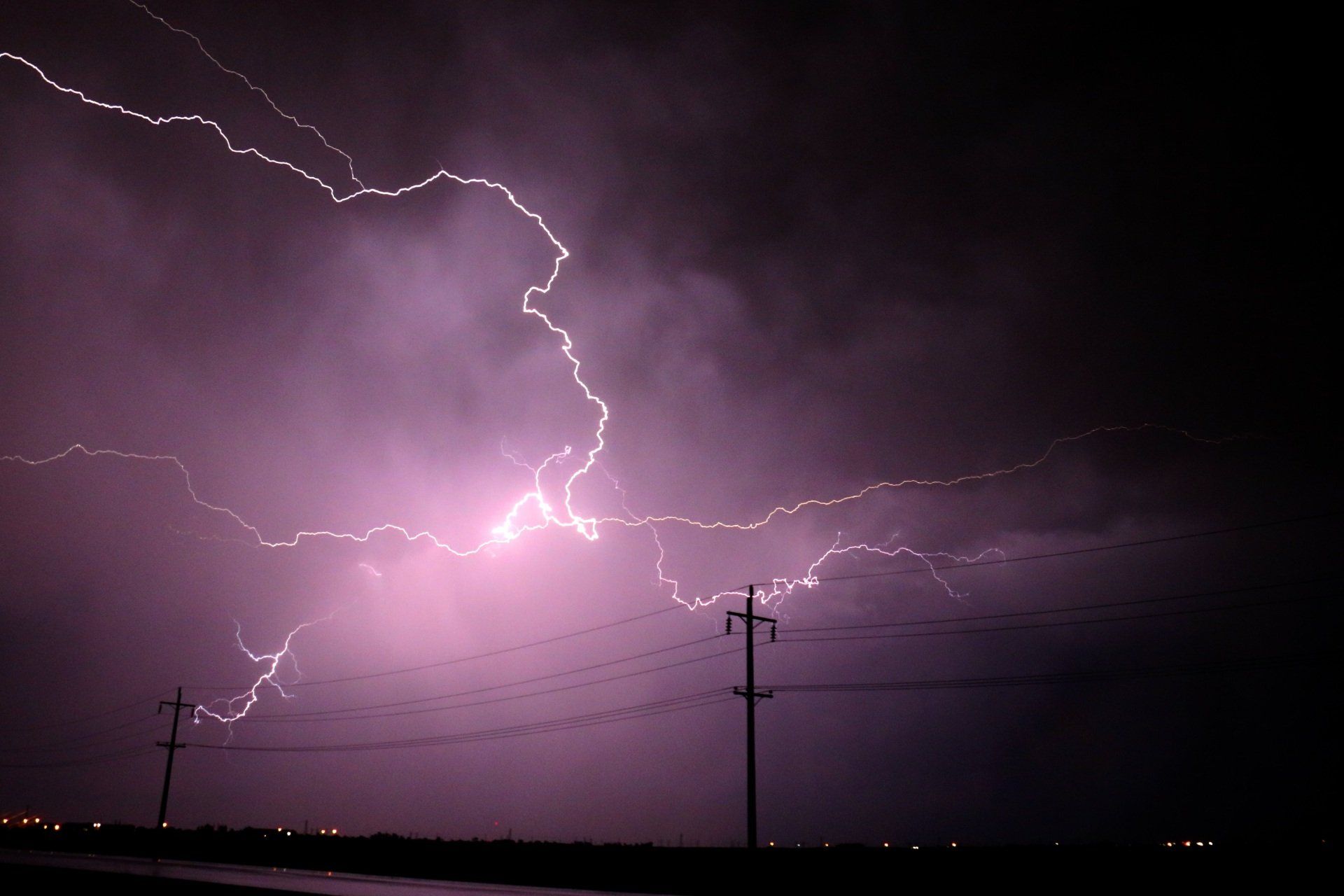Property Damage from Sediment Runoff
Sediment runoff from upstream construction can cause substantial property damage for downstream property owners. When construction companies and property developers fail to utilize to best practices to ensure that adjoining property owners are not damaged, legal action often results to ensure that the ongoing damage stops and the damaged property is restored.
Activities Causing Sediment Runoff
Construction activities, especially those altering the natural terrain, are primary contributors to sediment runoff. The process typically involves the removal of vegetation and excavation of land, disrupting the soil structure and leaving it exposed. Heavy machinery use in these areas further loosens the soil. Without proper mitigation strategies in place, rainfall can wash this loose soil into nearby water bodies, leading to sediment runoff.
Another contributor to sediment runoff is land development activities like road building, agriculture, logging, and mining. These activities also disturb the soil surface, leading to increased erosion and sedimentation in water bodies. Notably, poor land management practices exacerbate the problem, often leading to a domino effect where the sediment runoff harms downstream properties.
Property and Water Damage
The impact of sediment runoff on properties can be both direct and indirect. Directly, it can lead to physical damage like soil deposition, flooding, and watercourse alterations, which can compromise the structural integrity of buildings and other property infrastructure. Indirectly, sediment runoff can negatively impact the aesthetic value of properties, decrease property value, and render land unsuitable for use.
Besides property damage, sediment runoff can severely impact water quality. The sediments can block sunlight from reaching underwater vegetation, disrupting photosynthesis and the broader aquatic ecosystem. It can also lead to the suffocation of fish and other aquatic organisms, destroying habitats and degrading biodiversity. Furthermore, sediment runoff can introduce pollutants such as heavy metals and chemicals into water bodies, causing serious public health risks if the water is used for drinking or recreation.
Legal Remedies to Stop and Recover from Sediment Damage
The Clean Water Act (CWA) in the United States sets the foundation for regulating the discharge of pollutants, including sediment, into waters. Under the CWA, construction activities disturbing more than one acre of land require a National Pollutant Discharge Elimination System (NPDES) permit. This permit mandates the use of Best Management Practices (BMPs) to minimize sediment runoff. Failure to comply with these requirements can lead to substantial penalties.
A property owner who has suffered damage from sediment runoff can seek legal redress. The typical first step is contacting the local environmental agency or construction permit-issuing authority to report the issue. If the responsible party doesn't remedy the situation, a lawsuit may be necessary.
In a legal action, the property owner must establish that the defendant's activities caused the sediment runoff leading to the property damage. This will often require expert testimony and scientific evidence. Additionally, the property owner must demonstrate that they suffered actual damage. This could be quantifiable damage to the property or non-quantifiable damage like loss of use or aesthetic value.
Recovering damages in these cases often requires establishing negligence. This involves demonstrating that the defendant had a duty to prevent sediment runoff, they breached that duty, this breach caused the plaintiff's damage, and the damage resulted in a financial loss. If successful, the property owner could recover costs for property repair, property value diminution, and sometimes, punitive damages.
Additionally, depending on the jurisdiction, a property owner may be able to obtain an injunction against the party causing the sediment runoff. An injunction is a court order requiring a party to do or refrain from doing specific acts. In this context, it may require the responsible party to implement BMPs to reduce or eliminate the sediment runoff.
Sediment runoff from upstream construction can have significant consequences for downstream property owners and the environment. Legal actions can be effective tools to prevent ongoing harm and to recover damages for the harm already inflicted. However, these cases can be complex, often necessitating expert input and comprehensive understanding of the CWA and other relevant environmental laws. Thus, if you find yourself in such a situation, it would be prudent to seek legal advice to ensure that your rights are adequately protected.
MORE ALABAMA INJURY LAW NEWS






OUR LAW FIRM IS HERE TO HELP
Contact our Birmingham, Alabama Injury Lawyers Today for Legal Help
Have you or a family member recently been injured in an accident in Alabama? Contact Snable Stevenson & Silva for immediate legal assistance and advice. You may be able to pursue compensation for your medical bills, lost wages, and other expenses. Our qualified Alabama injury lawyers can help you fight to secure a full and fair award.
We offer a free case evaluation and consultation. Contact our law office in Birmingham, Alabama to schedule yours today. If you can’t come to us, we can arrange a time to visit you. Consultations can be arranged at the hospital, your home, or even your place of business. There’s a limited amount of time to act, so give us a call to get started today.
FREE CASE EVALUATION
GET STARTED
Thank you for submitting a request.
Our team will follow up with you as soon as possible.
There was an error sending your message.
Please try again later.
(800) 266-0877 • attorneys@snablestevenson.com
(205) 582-8000 • 2737 Highland Ave South, Birmingham, AL 35205
(901) 474-2900 • 1545 Union Ave, Memphis, TN 38104
This website is an advertisement for legal services. No representation is made that the quality of the legal services to be performed is greater than the quality of legal services performed by other lawyers. Use of this website signifies your agreement to the Terms of Use, Privacy Policy, and Form Disclaimer.
Snable Stevenson & Silva L.L.C.

